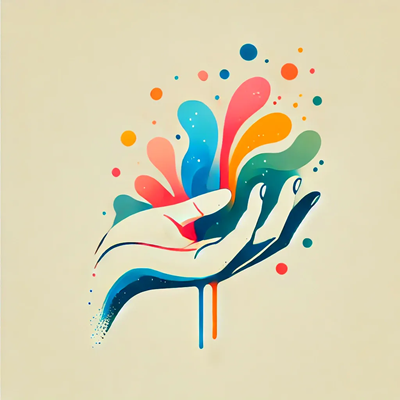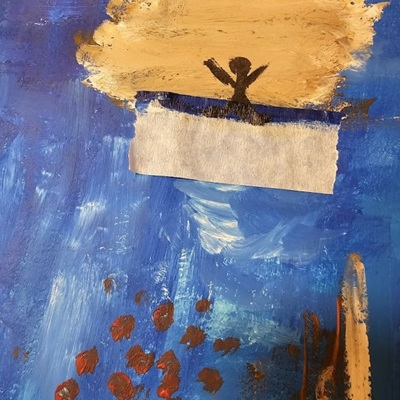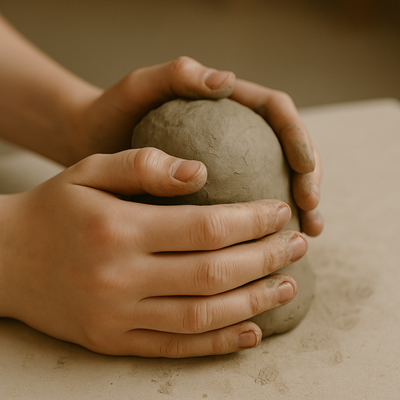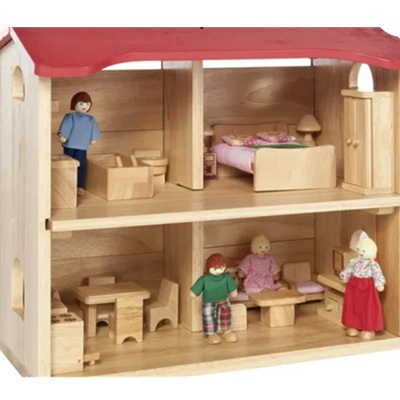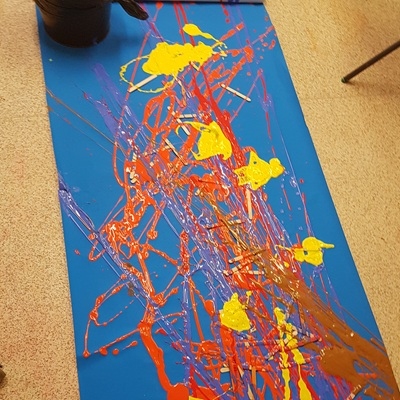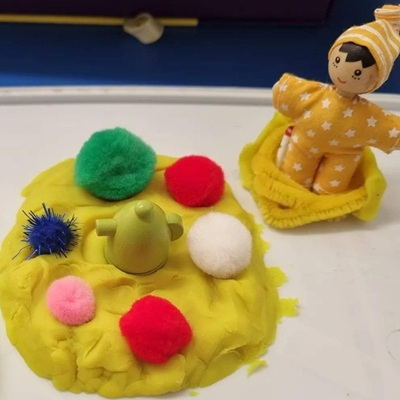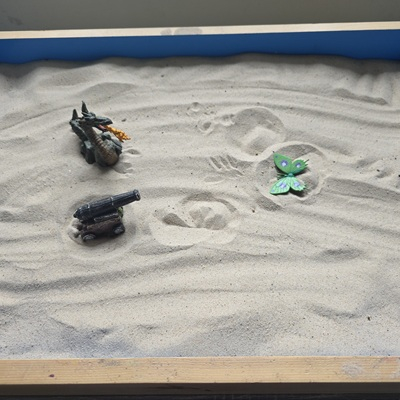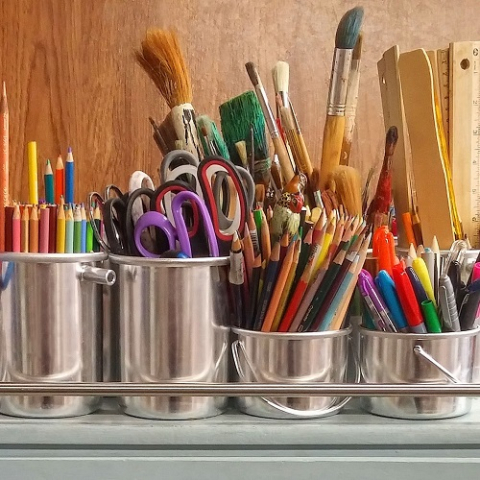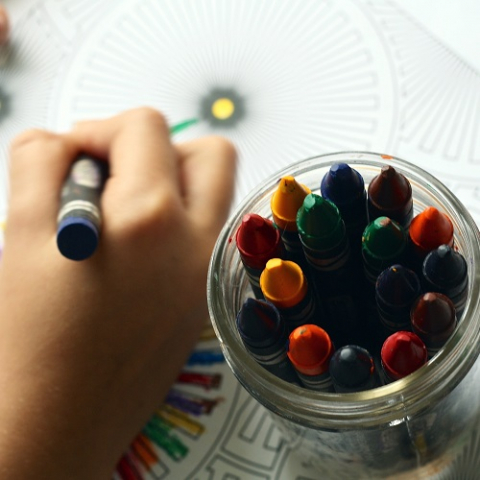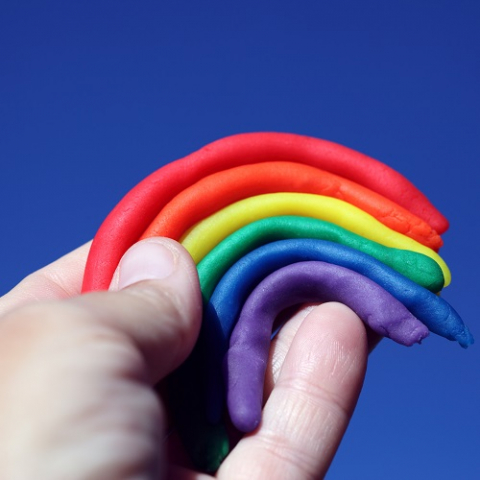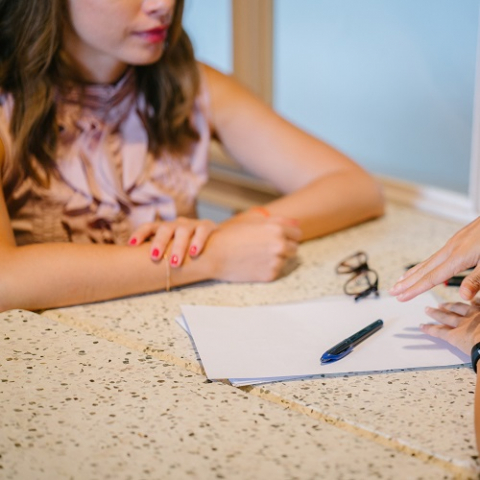Zamborska, Marcela
MA; PgCert
Company Name
Stories of Hands Art Psychotherapy
Qualifications
- MA Art Psychotherapy, Goldsmiths, University of London (2017)
- Postgraduate Certificate in Therapeutic Arts, Institute for Arts Therapy and Education (IATE) / University of East London (2014)
- Certificate in Counselling using the Therapeutic Arts, IATE 2014
Specialist Training
· Dyadic Developmental Psychotherapy (DDP) Level 1, Dan Hughes Model (2021)
· Dissociation in Children and Adolescents, Assessment and Treatment (Dr Renee P Marks , Integrate Families. Expected 2025)
· CATT (Children’s Accelerated Trauma Treatment), BAAT / Trauma Psychology UK (2017)
· Solihull Approach: Supporting Foster Carer/Child Relationships, NHS (2019)
· Adverse Childhood Experiences (ACE), APT (2021)
· Reflective practice, trauma, and attachment-focused CPD
Hours
Wednesdays, Thursdays 12.00 -18.00
Therapies
Child and Adolescent Art Psychotherapy
Child and Adolescent Integrative Psychotherapy
Art Therapy
Art Psychotherapy
Integrative Art Psychotherapy
Trauma Informed Psychotherapy
Psychodynamic Psychotherapy
Play and Creative Arts Therapies
Integrative Child and Adolescent Psychotherapy
Non-verbal Therapies
Attachment-Focused Therapy
Dissociation-Informed Therapy
Developmental Trauma Therapy
About
Hello, my name is Marcela and I am a registered Art Psychotherapist.
I specialise in working with children, young people, and families who have experienced early developmental trauma and complex relational difficulties.
My particular focus is on trauma in utero, preverbal trauma, and dissociation in children.
My approach is non-directive (child-led), psychodynamic (engaging with unconscious processes, symbolic meaning, and relational patterns), and trauma-informed (supporting stabilisation, processing, and integration).
Rooted in psychodynamic theory and informed by psychoanalytic thinking, attachment theory, and an understanding of the body’s role in trauma, I help children make sense of their inner worlds. This includes facilitating the emergence of unconscious material and symbolic meaning, while supporting relational exploration within a safe and connected therapeutic space.
I am highly attuned to non-verbal and unspoken communication, recognising that much of what is held in trauma and early relational experience may not yet be available in words.
I engage in regular clinical supervision and reflective practice, which allows me to continuously deepen my understanding, maintain ethical practice, and provide a safe and attuned therapeutic environment for those I work with.
About My Work
I work independently through my private practice, Stories of Hands Art Psychotherapy.
Experience
I have over 10 years of experience supporting children and families across NHS and specialist settings:
- Senior Integrative Art Psychotherapist: Working with adopted children and their families, offering individual and dyadic art psychotherapy
- Art Psychotherapist (NHS, Children and Adolescent Mental Health Services, Looked After Children Team): Delivered comprehensive mental health assessments, and individual therapy treatment to looked-after and complex children and young people, with specialist focus on complex trauma, mental health difficulites and neurodevelopmental complexity.
I use a Theraplay-informed approach, along with PACE (Playfulness, Acceptance, Curiosity, and Empathy) and sensory-based methods, to support children in feeling safe, understood, and emotionally held within their relational development.
Who I Support:
Many children and young people I work with have faced early trauma, loss, or disruptions in relationships. Their difficulties may show up in unexpected ways—through behaviour, physical symptoms, or silence.
I support children who are experiencing:
❇️ Trauma and Emotional Distress
- Separation anxiety or regression (e.g., in speech or toileting)
- Night terrors, constant fear or alertness
- Re-enacting traumatic experiences in play
- Overwhelming shame, low self-worth, or fear of closeness
❇️ Dissociation and Body-Based Responses
- Emotional numbness or ‘checking out’
- Unexplained physical issues like tummy aches or headaches
- Sleep struggles or intense sensitivity to sound, light, or touch
- Challenges with eating, hoarding, or toileting
❇️ Attachment and Developmental Struggles
- Difficulty trusting others or forming secure relationships
- Trouble managing emotions or feeling safe with caregivers
- When neurodevelopmental needs (like sensory or impulse challenges) are tangled with trauma
❇️ Emotional and Behavioural Signs of Inner Struggle
- Anxiety, panic, low mood, self-harm, or social withdrawal
- Outbursts, stealing, or lying—often as hidden cries for connection or safety




